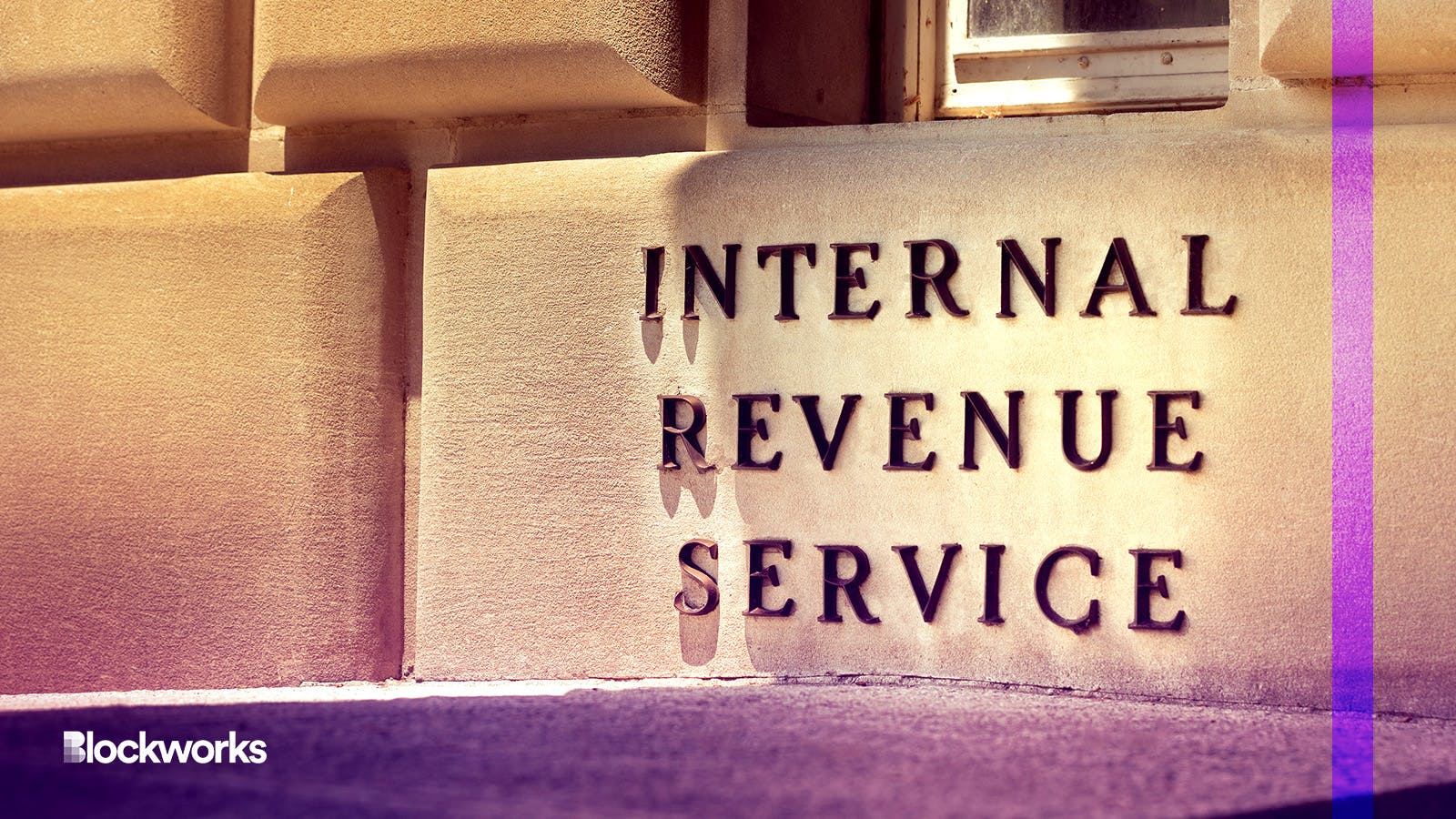Infrastructure Bill’s Crypto Tax Provisions Coming in January 2023
One lawmaker is hoping to get the new crypto tax provisions delayed until further clarification is achieved

AevanStock/Shutterstock.com
New cryptocurrency tax reporting requirements approved in November 2021 are slated to take effect in the new year, and traders should be prepared, accountants warn.
The Infrastructure and Investment Jobs Act, which was highly debated for its language around cryptocurrency in the months before it was passed, requires all cryptocurrency transactions of $10,000 or greater to be reported. Previously, the requirement only applied to transactions completed in cash.
Lawmakers anticipate collecting an additional $28 billion in tax dollars from this provision alone, according to crypto tax platform Ledgible.
The provision was set to be struck when the bill reached the Senate, but Alabama Republican Sen. Richard Shelby scotched an amendment to the must-pass bill at the last minute.
Just weeks before the act is set to take effect, top House Financial Services Committee Republican Patrick McHenry, R-N.C., penned a letter to the Treasury asked the crypto tax provisions to be delayed.
“As we have previously noted, Section 80603 is poorly drafted. As such, it could be wrongly interpreted as expanding the definition of a ‘broker’ beyond custodial digital asset intermediaries,” Rep. McHenry wrote in the letter.
It is not the first time certain lawmakers have expressed concern with the bill’s definition of “broker,” but bipartisan efforts to amend the bill in August 2021 came up short, and Congress has not addressed the issue in 2022.
The measure “also directs Treasury to incorporate digital assets into the definition of ‘cash’ for tax collection and reporting purposes,” McHenry added. “The 6050i reporting requirements jeopardize the privacy of Americans, without a comprehensive analysis of the impact of such change.”
While there is currently no requirement for crypto brokers to set up traders with the tax forms they need, the requirement is not void, added Erin Fennimore, head of tax and information reporting solutions at TaxBit. The responsibility is now on investors to ensure they are completing the appropriate forms.
In addition to the new $10,000 reporting requirements, the 2023 tax season is also going to be different with the newly updated 1040 Form. Taxpayers must now disclose any “digital asset” trading activity, a change from last year’s mandate for “digital currency.”
“With this change in verbiage, I think it is making sure people understand that digital assets can include more than just a token — it can be a much broader asset,” Fennimore said. “I think they are trying to, frankly, close the tax gap of what people are reporting.”
Taxable transactions involving cryptocurrency include converting digital tokens to fiat, trading digital assets for other cryptocurrencies and using crypto for purchases, Ledgible added.
The act is the latest in a series of efforts to bring crypto trading and transactions into the main view of the IRS.
In June, Sens. Cynthia Lummis, R-Wyo., and Kirsten Gillibrand, D-N.Y., unveiled their bipartisan Responsible Financial Innovation Act, which specifies that the default classification for DAOs is as a business entity for tax purposes. The bill also requires most DAOs to be properly incorporated in accordance with existing laws of an identifiable jurisdiction, such as a limited liability company (LLC) or partnership.
Lummis and Gillibrand introduced the bill to the Senate before passing the legislation to Committee review. Lummis said Wednesday during a Senate Banking Committee hearing that she intends to reintroduce the legislation during the next session of Congress.
Get the news in your inbox. Explore Blockworks newsletters:
- The Breakdown: Decoding crypto and the markets. Daily.
- 0xResearch: Alpha in your inbox. Think like an analyst.






